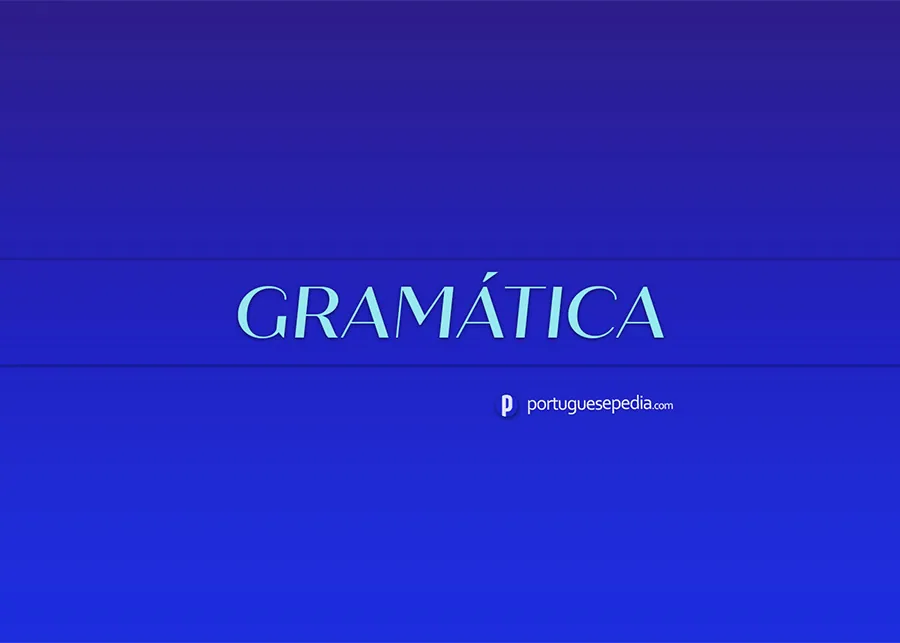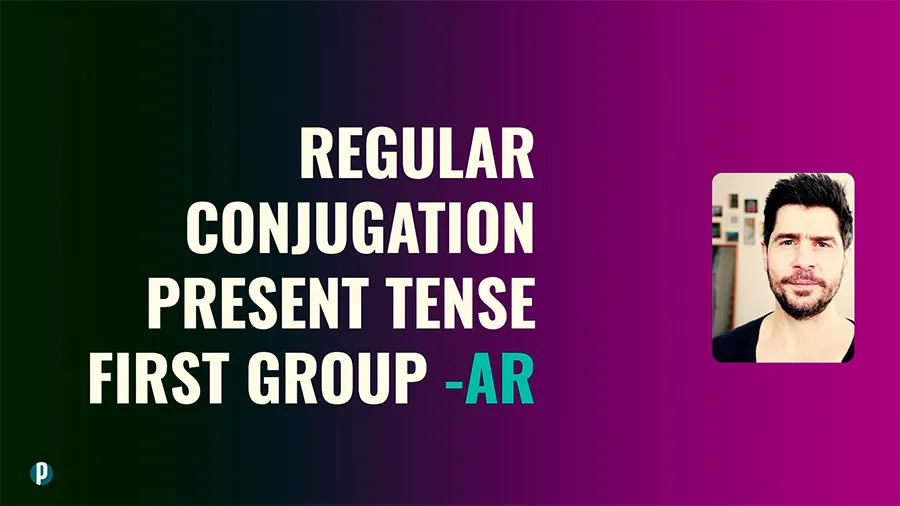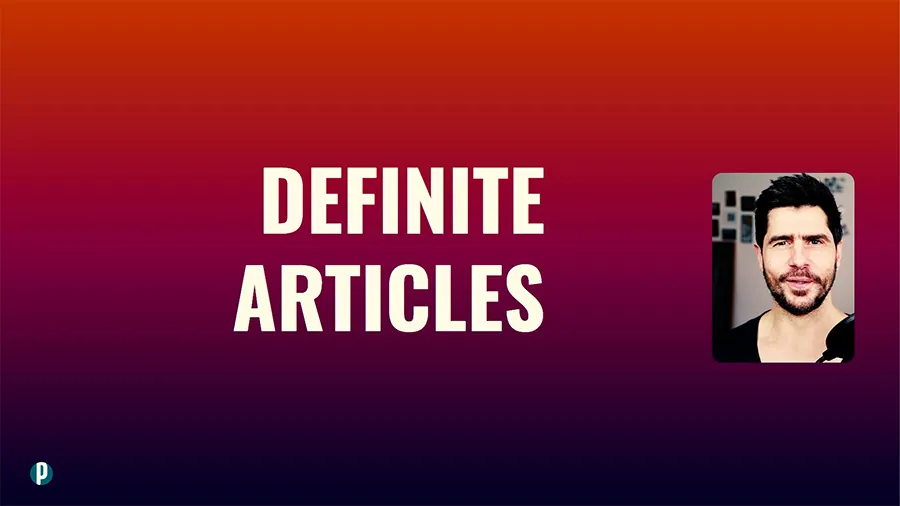
Basic Portuguese Grammar for Beginners
Introduction
Understanding the fundamentals of Portuguese grammar can be extremely helpful. In this blog post, I’ll touch on a few relevant aspects of Portuguese grammar that you should be aware of from the outset.
1. Gendered Nouns
One of the most distinctive features of Portuguese (and other Romance languages) grammar is the concept of gender and how pervasive it is.
Accordingly, nouns are assigned either a masculine or feminine gender and this includes inanimate objects and abstract concepts.
For example:
O livro (the book) is masculine.
A intenção (the intention) is feminine.
While there are general guidelines to help determine the gender of nouns, exceptions abound. Practice is key to becoming proficient in this aspect of Portuguese grammar.
2. Gender and Number Agreement
The gendered nouns we saw above have a large repercussion in the language, namely, they will impact other words surrounding them.
Accordingly, articles, adjectives, and other word classes will agree with the noun they refer to concerning gender.
But wait! Not only will they agree in gender (masculine/feminine) but also in number (singular/plural).
For example, Portuguese definite and indefinite articles will have 4 different forms depending on the gender and number of the noun they are referring to:
Definite articles
Masculine singular: o
Feminine singular: a
Masculine plural: os
Feminine plural: as
Indefinite articles
Masculine singular: um
Feminine singular: uma
Masculine plural: uns
Feminine plural: umas
By and large, the same principle applies to adjectives and other word classes.
Here’s an example where the noun’s gender (carro → masculine, casa → feminine) will impact what the articles, possessive pronouns, and adjectives surrounding it look like:
O meu carro é branco. (My car is white.)
A minha casa é branca. (My house is white.)
The same applies concerning number:
O meu carro é branco. (My car is white.)
Os meus carros são brancos. (My cars are white.)
3. Verb Conjugation
Compared to other languages (including English), Portuguese has a relatively complex verb system with way more verb conjugations.
See, Portuguese verbs are conjugated to indicate tense, aspect, mood, and person. If we assume the existence of 3 tenses, 3 aspects, 3 moods, and 6 person-subjects, then, in theory, we’d end up with 3x3x3x6 = 162 verb conjugations. (It doesn’t work exactly like that in practice, but you get the idea.)
Furthermore, Portuguese has regular and irregular verbs. Concerning the former, there are three sets of regular conjugations (each having its own conjugational pattern).
For instance, here’s how we conjugate the regular verb Falar (to speak) in the Present tense:
Eu falo (I speak)
Tu falas (you speak)
Ele/elas fala (he/she speaks)
Nós falamos (we speak)
Vocês falam (you speak)
Eles/elas falam (they speak)
Irregular verbs, on the other hand, will require more individual memorization. But fear not! Consistent practice will help you become more comfortable with the Portuguese verb system.
4. Word Order
Portuguese word order generally follows the Subject-Verb-Object (SVO) pattern. However, like in many languages, word order can be flexible depending on context and emphasis.
In general, pronouns come before verbs and adjectives often follow nouns. Adverbs, on the other hand, usually come after the verb. For example:
Eu gosto muito de música. (I really like music.)
Ele é um bom cantor. (He is a good singer.)
For a more complete introduction to Portuguese Grammar, take a look at this article: Portuguese Grammar: A Beginners Guide.

Olá! I'm Pedro and I'm your Portuguese teacher.
Ready to unlock the beauty of European Portuguese? Portuguesepedia is your key! This all-in-one platform provides a wealth of learning resources, from bite-sized video lessons to immersive idiomatic dips. Perfect your pronunciation and aural comprehension with listening drills and solidify your grammar with in-depth articles. Start your Portuguese journey today!
Share this article
Get my guide "Key Strategies to Learn Portuguese" for FREE.



